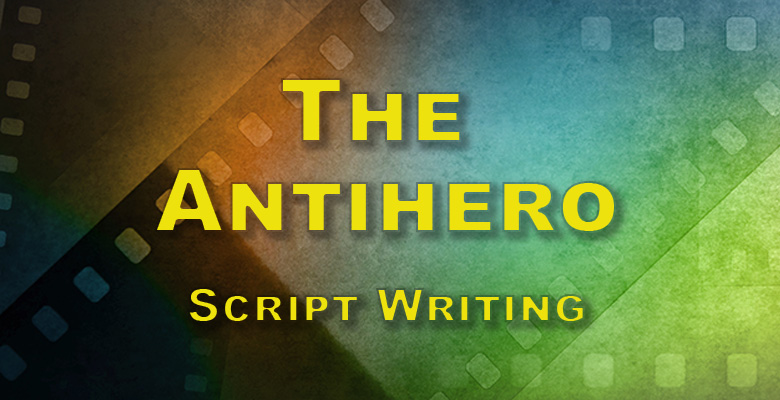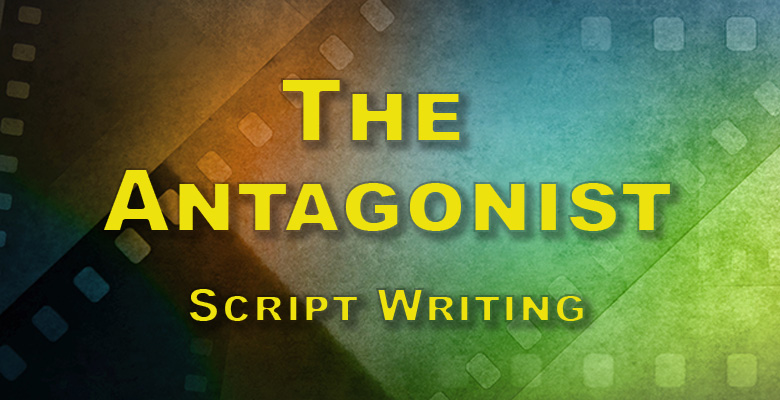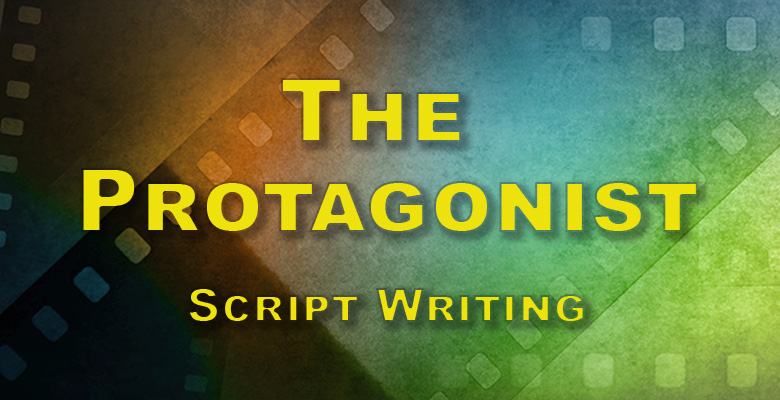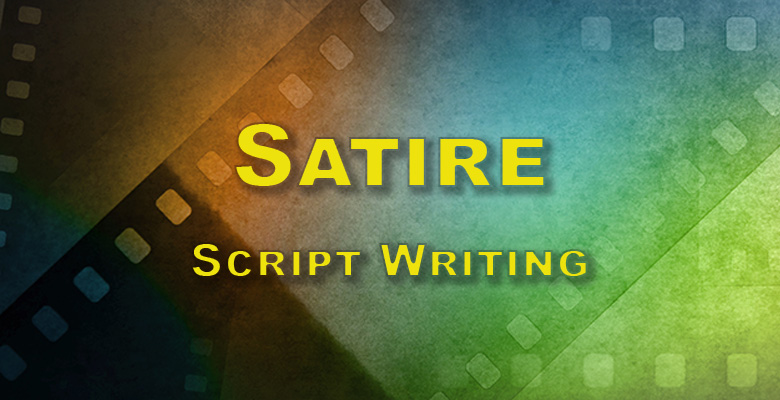

writing
-

The Foil
Read more: The FoilIn literature and storytelling, a foil is a character who contrasts with another character, typically the protagonist, to highlight particular qualities of the main character. The use of a foil can provide depth and insight into the primary character’s traits, motivations, and development. Characteristics: Functions in a Story: Examples in Literature and Media: Considerations for…
-

The Antihero
Read more: The AntiheroThe antihero is a complex and often compelling character type that has gained significant popularity in contemporary storytelling. Here’s a comprehensive look at the antihero: Definition: An antihero is a central character in a story who lacks conventional heroic qualities and attributes such as idealism, nobility, and moral goodness. Instead, they often exhibit flaws, ambiguities,…
-

The Antagonist
Read more: The AntagonistThe antagonist, like the protagonist, is a fundamental character in storytelling. While the protagonist drives the story forward, the antagonist often provides the obstacles or challenges that make the story engaging. Here’s a breakdown of the antagonist’s role and characteristics: Definition: The antagonist is the character, group, or concept that represents opposition against which the…
-

The Protagonist
Read more: The ProtagonistThe protagonist is one of the most fundamental and central elements in storytelling. Here’s a breakdown of what you might want to know: Definition: The protagonist is the main character of a story, the one around whom the narrative revolves. They often drive the plot forward with their decisions, actions, and conflicts. Characteristics: Functions in…
Recent Posts
-

The Three-Act Structure is a classic model for storytelling, especially prevalent in screenwriting for films and television, but also found… read more
-

Story structure refers to the organized framework or blueprint by which a narrative is presented to an audience. A well-structured… read more
-

Irony is a rhetorical device, literary technique, or event in which what appears, on the surface, to be the case,… read more
-

Satire is a genre of literature, film, and other forms of art that uses humor, irony, exaggeration, or ridicule to… read more